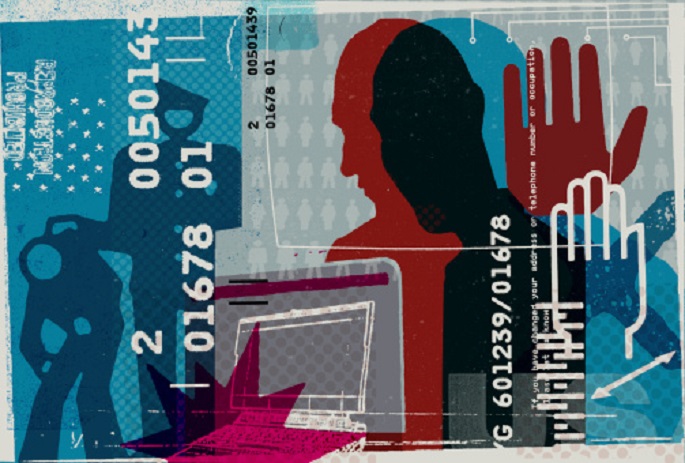No, it’s not the quickie the naughty side of the brain might be telling.
It’s the kind of quickie where a massive amount of personal information gets stolen in a matter of minutes.
Bank card data get sold on the black market, and buyers--in just five minutes--can perform illegal access on almost 1,000 personal data, according to the Global Times.
The stolen data includes the card holder’s name, the card number, the personal identification number or the password, and the person’s cellular phone number.
A cyberthief would usually send a text message containing a phishing link to probable victims to collect personal data.
One victim said that he never made any online payments, yet he lost 49,700 yuan, according to South China Morning Post.
He also said that he didn’t receive any message from his bank notifying him about the withdrawals made from his account. His phone got infected by a Trojan virus sent by a cyberthief, which disabled the phone’s capacity to receive text messages.
Banks send mobile security codes through text messaging, and cyberthieves can intercept those messages through the aid of certain devices, according to the report.
Identity theft can be done in various ways.
According to Scamwatch, an online site run by the Australian Competition and Consumer Commission, one common method of identity theft is hacking.
An account can be hacked because of weak passwords, “out-of-date anti-virus software, and unsecured WiFi and Bluetooth connections.”
Some people also get misled or deceived into installing software programs that contain malware. Through malware, cyberthieves can monitor people’s online activities and gain access to files kept in their computer.
Another one, according to Scamwatch, is phishing.
People with fake claims such as being bank representatives may ask someone for personal details, namely, one’s full name, names of parents and family members, birthdate and other similar kind of information.
Bogus surveys will ask participants to disclose a number of personal information.
The site also warned that identity theft can be as simple as someone stealing utility bills or letters sent by bank, health or insurance companies.
These documents are normally placed in pigeonholes in apartment buildings or unlocked mailboxes right outside someone’s house.



























